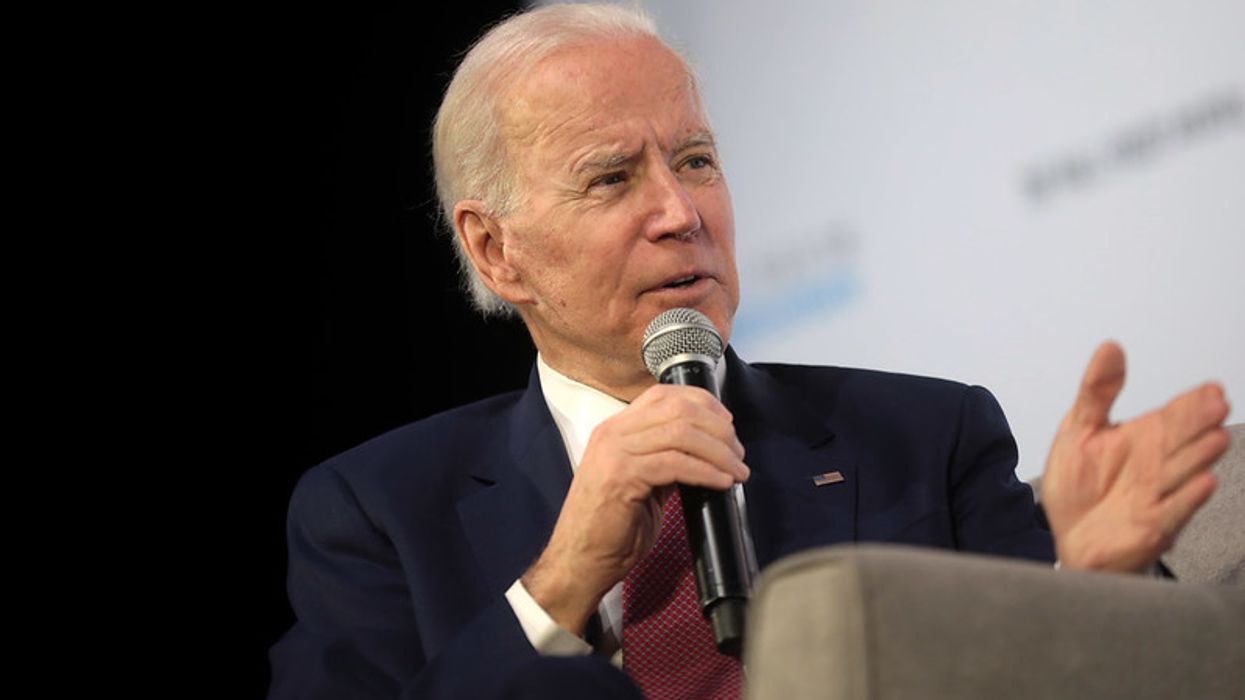FCC Fulfills Biden Promise By Restoring Net Neutrality
The Federal Communications Commission voted 3-2 along party lines on Thursday to restore net neutrality. The move fulfills a promise made by President Joe Biden in 2021 and effectively restores regulations put in place during the Obama administration.
“In our post-pandemic world, we know that broadband is a necessity, not a luxury,” FCC Chairwoman Jessica Rosenworcel wrote.
Net neutrality is the idea that internet service providers (ISPs) must give the same level of access to all data and websites. However, service providers are against net neutrality because they want the ability to charge for a higher tier of access or provide more bandwidth to sources they own. Without net neutrality, they were also allowed to block access to sites or to slow their data rates.
Under Donald Trump, net neutrality rules were rapidly dismantled, with Republican FCC Chairman Ajit Pai celebrating the destruction. Pai was previously an attorney at Verizon and called concern over how ISPs would treat consumers’ “hysteria.” Pai resigned when Biden took office, but the damage he did remained until this week.
The initial adoption of net neutrality took over a decade after it was first proposed in 2002 and considered by the FCC in 2005. Along with other progressive sites, Daily Kos has been involved in the fight for net neutrality from the beginning and celebrated its implementation under President Barack Obama.
Concerns over how ISPs could use their control over the internet are well-founded, and the end of net neutrality under Trump affected service for many Americans, even if they didn’t realize it.
Without net neutrality,USA Today reports, ISPs can charge streaming providers a fee for high-quality access, even when that access comes through an app. That fee ends up being paid by consumers, though it may not be visible on their bills.
The lack of net neutrality doesn’t just impact data sources, but also the end users. Mallory Knodel of the Center for Democracy and Technology described what she called the “dirt road effect” where low-income subscribers to ISPs can find that their data traffic has been “deprioritized” leading to an internet that is slower and less reliable.
AsWired notes, net neutrality is returning to an internet that has seen major changes. Broadband access is now much more common and more vital than when Trump and Pai pulled the plug in 2017.
The importance of high-speed internet was underscored during the pandemic when millions of schoolchildren found their classrooms moved online. And it’s equally vital to the growing numbers of workers who perform some or all of their tasks from home.
The more people who depend on fast and reliable internet, the more important net neutrality becomes.
It’s unclear if this ruling is here to stay. Without solid legislation, the next Republican administration could simply tip the power back to service providers. Pai may now be working for a Washington, D.C., law firm, but he took time this week to call restoring net neutrality “a complete waste of time.” And he’d probably be happy to trot back to the FCC offices long enough to stamp it out again.
But for now, Trump is out, Pai is sidelined, and net neutrality is restored. That’s all worth celebrating.
Reprinted with permission from Daily Kos.


